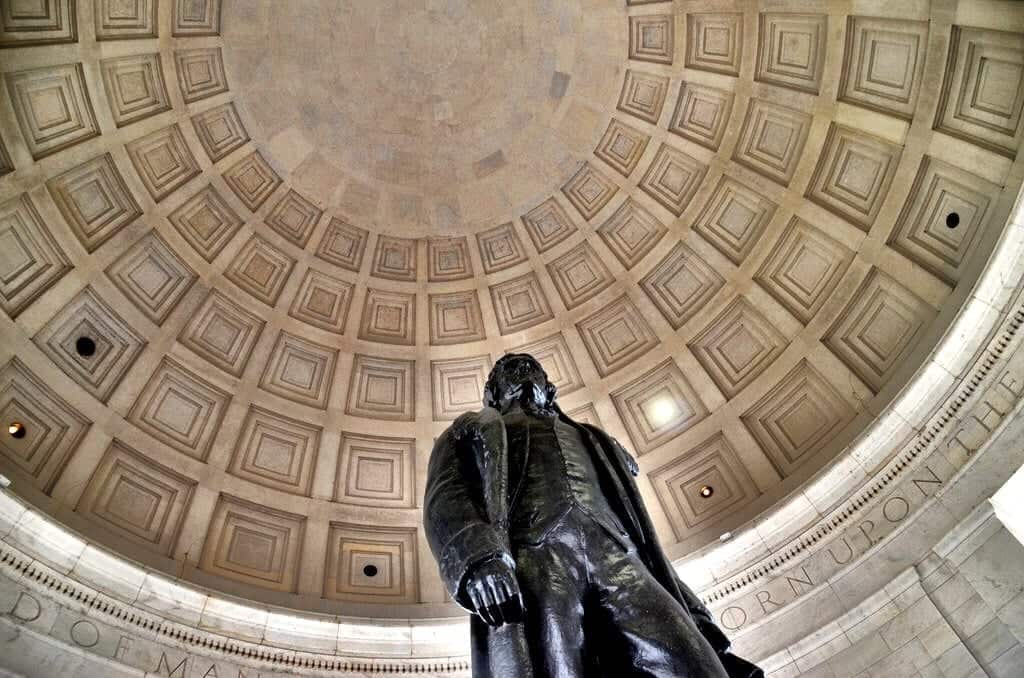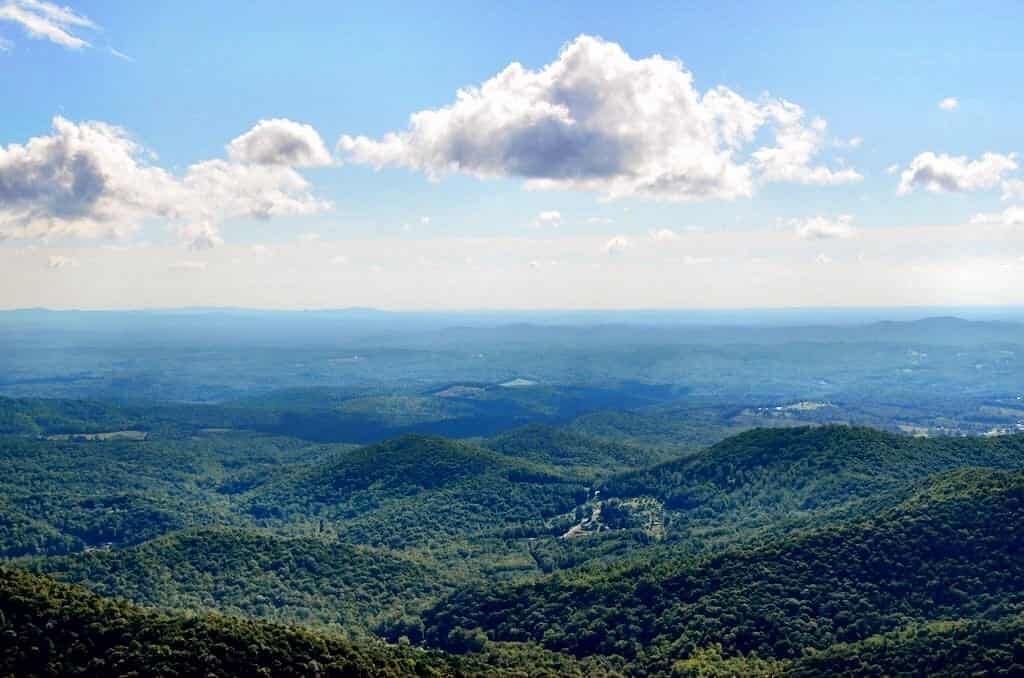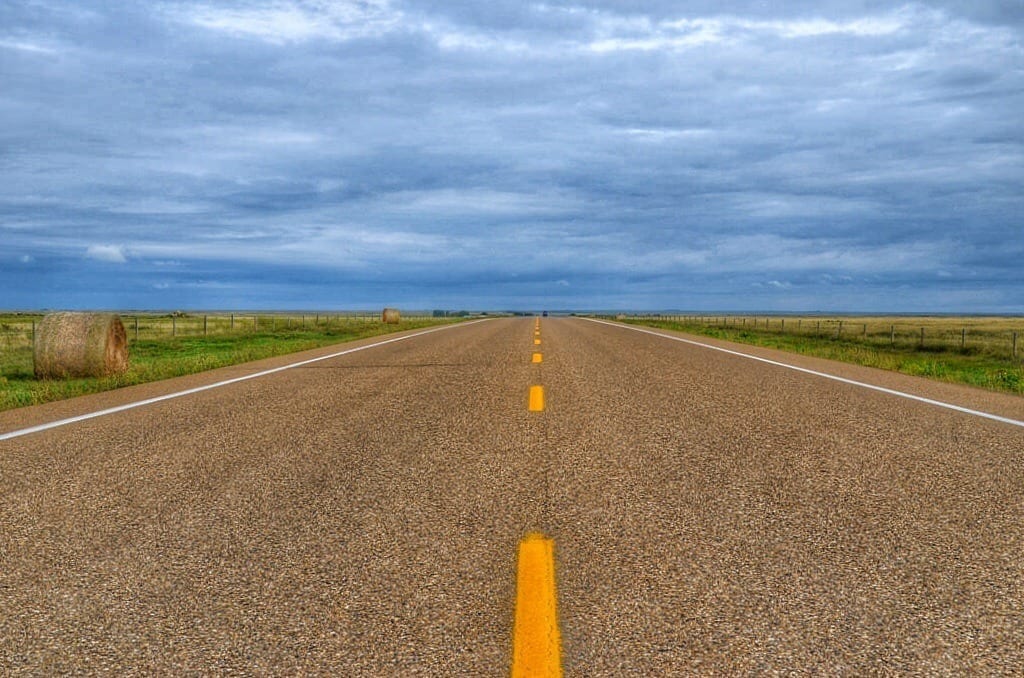
A few months ago, I wrote a post about the importance of travel and how it can help change the world around us in ways we may not have before considered. Rereading it, it seems almost prescient in light of everything that has gone on over the last week. Following the US elections, I felt the need to write something, but I wasn’t entirely sure how to best convey my thoughts. This is a travel site, not a political blog and although I spent many years working in the weird world of politics, it’s not what I’m about today. I also don’t want to be a partisan, that’s not why people come to this site at the end of the day. But I’ve been doing a lot of thinking, a lot of reading and a lot of talking with friends and even strangers and have slowly begun to digest what the elections here in the US mean not only for me as an American, but for the entire world. It’s a strange position we find ourselves in right now, the world is undergoing a massive transition and it’s not going to be easy. Most of my friends have been hand wringing trying to figure out how we got here, but it really should have been obvious if we stopped to think about it. Although we live in an over-connected world, it’s not over-connected for all of us. While the world has begun to move at warp speed, for some of us it’s still following a more languid pace, causing some members of society to feel left behind, to feel as if they have lost control over their own destiny. This post is an attempt to try to explain to just some small degree how some of my countrymen see the world and how we as a society should try to move forward to ensure that no matter what, we live in a welcoming, tolerant and fair society.

Travel isn’t a consideration for everyone
I live a pretty good life and frankly have for a long time. Growing up, while we weren’t rich by any stretch of the imagination, we were comfortable and I never wanted for anything important. I went through all of the steps as a young adult from college to graduate school to ensure that I would do even better, that I would always be able to make a good paycheck and to provide for myself. Even that, I realize, is a luxury not available to everyone; the ability to set oneself up for success in that way but, regardless, I did. Without realizing it, my household within a few short years had become part of the elite. No, I don’t have a private jet or a chauffeur, but that’s not how most of the upper middle-class live. Earning good salaries in big cities, buying a house that anywhere else in the country would be the same price as a mansion, it’s more a function of geography than privilege that I found myself in this position. That’s the case for millions of us, living and existing in large coastal cities, earning more than most people in the rest of the country, but never considering ourselves rich because, frankly, we’re not. But we are comfortable and we do have the luxury of choice, which is probably one of the greatest luxuries in the world. I can choose to go where I want and when I want, I can choose to eat out or not, I can choose to not even work a traditional job. This is not a luxury that many of my countrymen enjoy, they don’t live in areas where salaries are high, but then neither is cost of living to be honest. But what they do lack is the luxury of choice, and having lived in these communities, I’m not entirely sure they want it.
Today I live in a suburb of Washington, DC. I am white, male, Protestant, have English ancestry and by all accounts am the definition of a privileged American. I’ve had some roadblocks in life, but not many, and I have never known hunger or want. I didn’t start out in DC though, for most of my life I lived in those small to medium sized cities in some very rural parts of America that we all learned a lot more about on election night. Whether it was in Northeast Pennsylvania, the Missouri Ozarks or Southwestern Virginia, before going to college these are the only communities I knew, my only base of reference was the small, the rural and the unconnected. That’s why when I read an article in Politico last week talking about how the election results came to be, I found myself nodding vigorously. In it, the author says that it’s not necessarily the Coastal Elites who are to blame (if you aren’t happy about the election) for a Trump presidency. Sure, they do share in the blame a little, but it’s also those people who live in smaller communities around the country, it’s also their fault for not even trying to connect with the world around them and to try to gain even an ounce of empathy for something outside of a 5 block radius of their house.
In it the author makes one of the most accurate statements I’ve read in a long time, “People do not understand the depths of how little rural America travels and sees other people and cultures.” I remember living in Poplar Bluff, Missouri (Population 17,000) and once every other week or so we’d make the hour and a half drive to the “big city” to do some shopping. That was before Poplar Bluff had a Wal-Mart, so it was pretty important. That big city of Cape Girardeau has a population of 38,000 and ultimately wasn’t any more culturally diverse than Poplar Bluff. That was my life for two years or so in middle school, but for the folks who call it home, it’s their lives. Unless they make an effort to do something else, that’s all they know. They know people who mostly look like them and act like them. Just like the author of that article, I wasn’t friends with someone who wasn’t Protestant or Catholic until I went to college. While I had seen black people, I didn’t have any African-American friends until high school and then it was just one. I never knew anyone LGBT who was out (plenty of closet cases in the rural South, believe me) until well into college, which is probably why it took me so long to come out myself. Anyway, the whole point of this is to say that if you don’t live in a big city in America, then you aren’t exposed to a lot of diversity in life, but it’s a solvable problem. Unfortunately, most people don’t try to solve it. I’m not saying that people should max out their credit cards and fly to China, but they should visit whatever big city is closest to them and spend some time really seeing it. Rather than visit to shop or even go out to eat, spend time looking at it, learning from it and hopefully gaining a little empathy in the process.

Power of people
Perhaps travel cannot prevent bigotry, but by demonstrating that all peoples cry, laugh, eat, worry, and die, it can introduce the idea that if we try and understand each other, we may even become friends.” ~ Maya Angelou
The real power of travel is I think the sharing that happens between people. Whether we like it or not, we’re all citizen ambassadors when we leave the country but it’s not a one-sided relationship. Meeting new people, learning about their stories and lives, that is I think the most important part of the travel experience. Through them we begin to better understand their culture and country, most times erasing misconceptions and wrong impressions in the process. While there are certainly outliers, I’ve learned that people are genuinely great almost everywhere in the world and that there is so much more that unites us as humans than what divides us along political lines.
It’s when we fail to connect with other people, whether we travel across our own country or across the planet, that we suffer. It’s also the foundation on which poor understanding of Others is built. It didn’t matter as much 20 or 30 years ago when the outside world didn’t really affect us that much. When there weren’t mass shootings or terrorist acts on our soil, when refugees by the millions didn’t cross borders in search of safety. When individual countries are (mostly) left to their own devices, being culturally aware isn’t as necessary. Would it be nice? Sure, but it’s not a predicate for a well-functioning society. Now it is. When bad things happen, whether it’s a flailing economy or terrorism or something else entirely, we as humans have always blamed Others, and that certainly hasn’t changed in the 21st century. It’s such a basic emotion it may be at the heart of the human experience. But that doesn’t mean we have to accept it or stand idly by refusing to change those emotions. How we do that isn’t just by traveling, by experiencing other people, other languages and other cultures, it’s understanding them. There’s a big difference between those two concepts and understanding that difference is key.

We must do better
It’s easy for me to sit here and tell people, especially my fellow Americans, that they should travel more. The truth is that travel can be expensive; even with extremely low budget fares to Europe, the travel experience is still not accessible to everyone. I understand that and won’t sit here telling people to “just save more” or make sacrifices to make it happen. I know that’s not possible for everyone. But there are other ways to increase cultural awareness without leaving the country’s borders, whether it’s hosting a foreign student coming here to spend a year or just making an extra effort to learn more about the world around us, there are ways to achieve cultural and personal understandings. But the first step is trying. If we don’t encourage friends and family to take these steps, to learn not about a nation’s famous sights, but about its people and culture, then we’re not going to break out of the downward spiral we’re in right now.
Look around and you see a world in turmoil. I’m frightened by the dramatic increase in far right-wing politics in many Western nations, not only because I disagree with the intellectual policy positions they take, but because of the emotional basis of these policies. They are taking advantage of the fear and misunderstanding of huge swathes of the public, preying on us for their own personal gain. The way to combat this isn’t by arguing or yelling, but through education. By taking someone we’re related to or know and sharing with them our life experiences and what we’ve learned from people in other countries, or even our own country for that matter. Unless we address the core underpinnings of where our fears are coming from, then nothing will improve. Unless we as a civilization understand that more connects us than separates us, then nothing will improve. Regardless of our own politics or stances, this is all of our collective fault. We have failed each other but luckily there’s still time to correct that mistake. To take our fellow citizens and not try to change their mind about any one thing, but to open it to a world that’s not nearly as small and scary as they may think.
